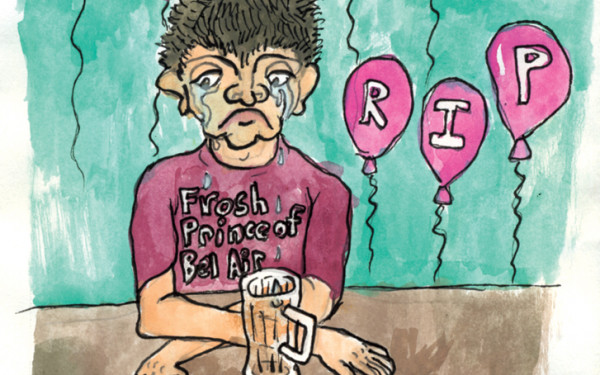Letter: If You’re Reading This, ASFA Is Broken
ASFA is broken.
It’s the absolute worst kept secret at Concordia, but at this point it needs to be said explicitly. After years of scandals and opaque processes, student trust in the Arts and Science Federation of Associations is shot.
ASFA has spent a lot of time bandaging holes in policy, or reacting to scandals, rather than actually dealing with our structural issues. We’ve ended up with a policy book as big as a Tolstoy novel and nothing much to show for it.
The ASFA fee-levy is the clearest demonstration that Arts and Science students have lost trust in their faculty association. Students have voted down proposed ASFA fee-levy increases for years, leaving the current amount at $1.22 per credit—the same as it was in 2009.
The long-standing belief has been that ASFA can’t do more for the students because we don’t have the money for it. Every other faculty association at Concordia gets more money per student than we do, so how on earth are we supposed to do better? The story goes that if only we had more money, we could finally address our structural issues.
Clearly that story isn’t working, so it’s time to tell a new one. It’s time to start asking questions and addressing the reasons why people don’t trust ASFA with more money in the first place. That being said, ASFA can’t (and shouldn’t) provide answers to such questions alone—we need our members, Arts and Science students, to guide the process.
We’re going to be holding a series of open conversations to provide anybody (and everybody) the chance to speak their mind. We want to talk about the good, the bad, and everything in between. Ultimately, we want to come out of this process with a picture of what ASFA can be. With that in hand we can build a plan for how to get there.
The remaining question, as The Link put it so well, is what’s the point of ASFA in the first place? Why rebuild instead of just leaving it all behind?
Faculty associations are integral to encouraging collective action. No individual department could put on an event at the scale of frosh. No individual department could provide the resources to put together a forward thinking policy against harassment, discrimination, and violence, with a robust complaint and review mechanism. Without an overarching association to provide administrative and financial assistance, every department association would get stuck navigating intimidating levels of bureaucracy, rather than focusing on providing events and resources for their students.
A faculty association is especially important in Arts and Science, a faculty that’s defined by its diversity, but that’s also infinitely subdivided into smaller units. At 16,000 students strong, the undergraduates in our faculty are a force to be reckoned with. It’s important that a faculty association exists in order to amplify the voices of our students.
Nobody dedicates years of their lives to student governance because they love bureaucracy. Every person who joins ASFA does so because they care. We care, and we know from first hand experience that things need to change. We’re here to set that process into motion.
ASFA is broken, but it can be (and should be) fixed. Beginning on Jan. 25, please join us, air your grievances, and help us lay out a tangible plan for a functioning faculty association.
Truthfully,
ASFA Council and the ASFA Executive.




_600_375_90_s_c1.jpg)

